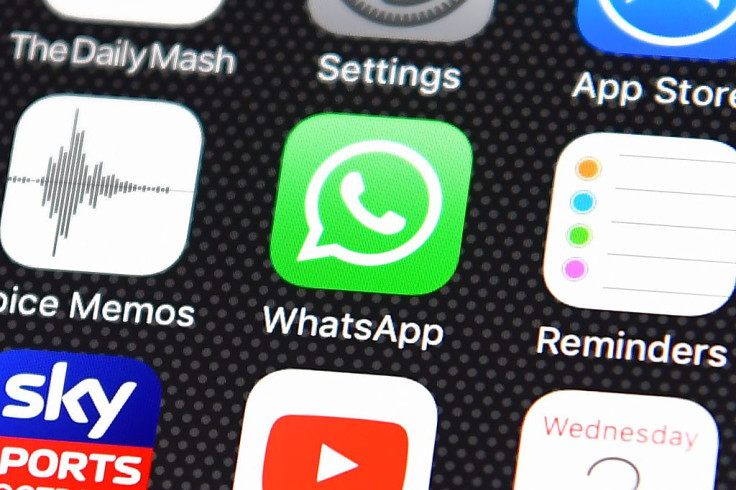WhatsApp Reportedly Working On Adding Passcodes To Protect Messages

WhatsApp, one of the biggest messaging services in the world, may roll out another layer of security soon. New details have surfaced indicating that the service might be adding passcodes to chats to further protect users’ privacy.
WhatsApp is already providing end-to-end encryption to chats by default to all of its users to ensure that messages aren’t intercepted by an outside party. This is all well and good to block attackers from remotely eavesdropping on conversations, but WhatsApp can’t protect its users if someone is able to physically gain access to their messages.
Adding passcodes to messages seems like a logical security feature that WhatsApp seems to be already working on. Part of a text translation program for WhatsApp has surfaced, showing phrases being translated from English to Dutch. Some of the phrases translated include “Enter the current six-digit passcode,” “Passcodes don’t match. Try Again,” and “Enter a recovery email address,” according to Android Authority.
Based on those findings, it seems there's a huge possibility that passcodes will be available to users in an upcoming software update in the near future. One of the phrases also allows the use of a recovery email, a feature to make sure users don’t get locked out of their account if they forget their passcodes.
The problem here is that it looks like the recovery email feature is optional which can mean that users can most definitely lock themselves out if they’re forgetful. That’s also a huge problem considering that their WhatsApp accounts are tied to their mobile phone numbers.
Nevertheless, the addition of passcodes onto WhatsApp messages seems like a good idea. The only thing that’s uncertain is whether the upcoming feature will be optional or mandatory. WhatsApp’s end-to-end encryption is turned on by default with no way of turning it off.
Although WhatsApp hasn’t confirmed anything about adding passcodes, it does appear as though the company has already entered the testing phase, as pointed out by Ubergizmo.
© Copyright IBTimes 2024. All rights reserved.











